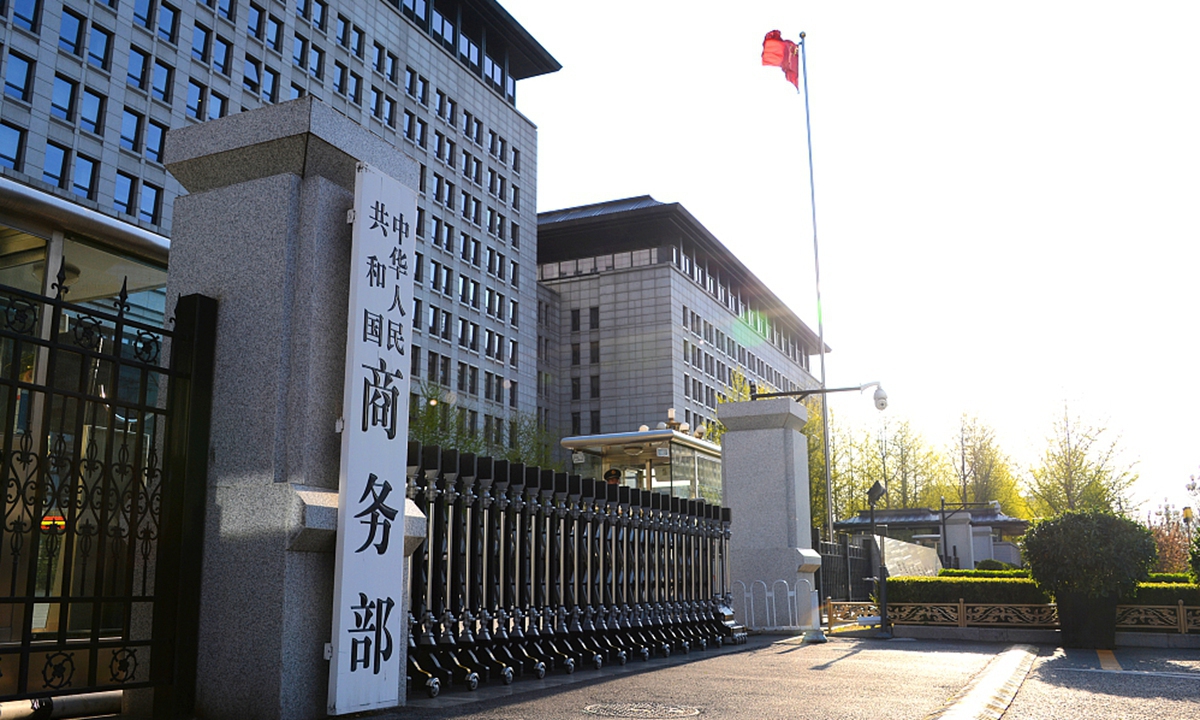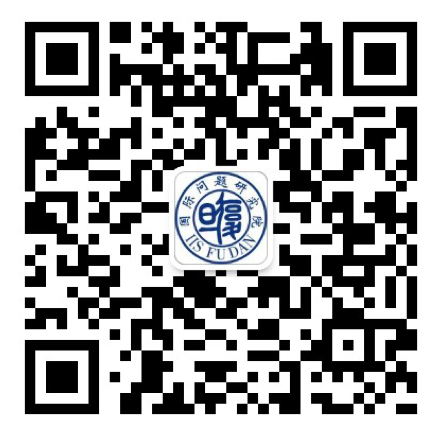
The Ministry of Commerce Photo: VCG
China's Ministry of Commerce (MOFCOM) announced on Monday that it plans to select three companies, including France's ELVIR and its affiliates, as sample companies in an EU dairy anti-subsidy investigation.
The move came after the MOFCOM said on August 21 that it had decided to initiate an anti-subsidy investigation into certain dairy products imported from the EU. Due to the large number of companies registered for the investigation, the investigating authority decided to use a sampling method for the countervailing duty investigation.
Experts noted that the move is a follow-up to the dairy countervailing duty probe launched in August into certain EU dairy products, and it shows that China is advancing the anti-subsidy investigation in accordance with WTO rules. The investigation is also in response to the industry's demands.
Considering the requirements of the countervailing duty investigation and the actual situation of this case, and taking into account multiple factors such as export volumes, product structures and geographical distributions, three companies with representative significance have been selected as the sample companies —France's ELVIR, FrieslandCampina Nederland B.V., FrieslandCampina Belgium N.V. and Sterilgarda Alimenti SPA and their affiliated companies.
Stakeholders may submit comments on the sampling situation to the investigating authority within seven days from the date of this notification, said the Trade Remedy and Investigation Bureau under the MOFCOM.
The latest move shows that China is advancing anti-subsidy investigations in accordance with WTO rules, and this is based on the demands of the related industry, Jian Junbo, a deputy director of the Center for China-Europe Relations at Fudan University's Institute of International Studies, told the Global Times on Monday.
Jian noted that with the EU's growing trade protectionism, many domestic enterprises are under pressure, and as a result, there has been an increase in the number of claims for countervailing duty investigations by Chinese authorities.
The European side should realize that the China-EU economic and trade relations cannot be 'decoupled,' due to their deep interdependence. The EU should respect and attach importance to the benefits brought by the interdependence, Jian noted.
In the first three quarters of 2024, China's total trade with the EU reached 4.18 trillion yuan ($590.43 billion), up 0.9 percent year-on-year, data from the General Administration of Customs showed on Monday.
Jian said that the EU should understand that strengthening trade relations with China will be beneficial to both sides, and it is also the common expectation of enterprises from both sides.
The MOFCOM said on Saturday that China and the EU had held eight rounds of intensive consultations since September 20, and significant progress had been made in some areas regarding the EV tariff issue.
The EU should listen carefully to the concerns and demands of the Chinese side, especially on issues involving the core interests of the Chinese and European industries, in order to lay the foundation for reaching a consensus between the two sides, Wang Peng, an associate research fellow at the Beijing Academy of Social Sciences, told the Global Times on Monday.






